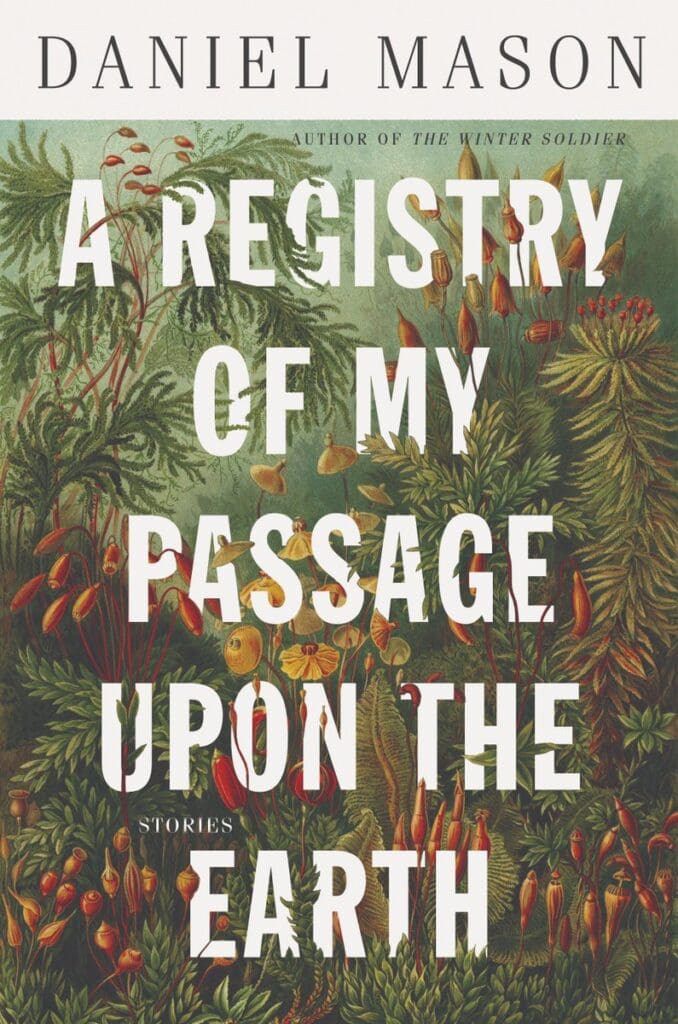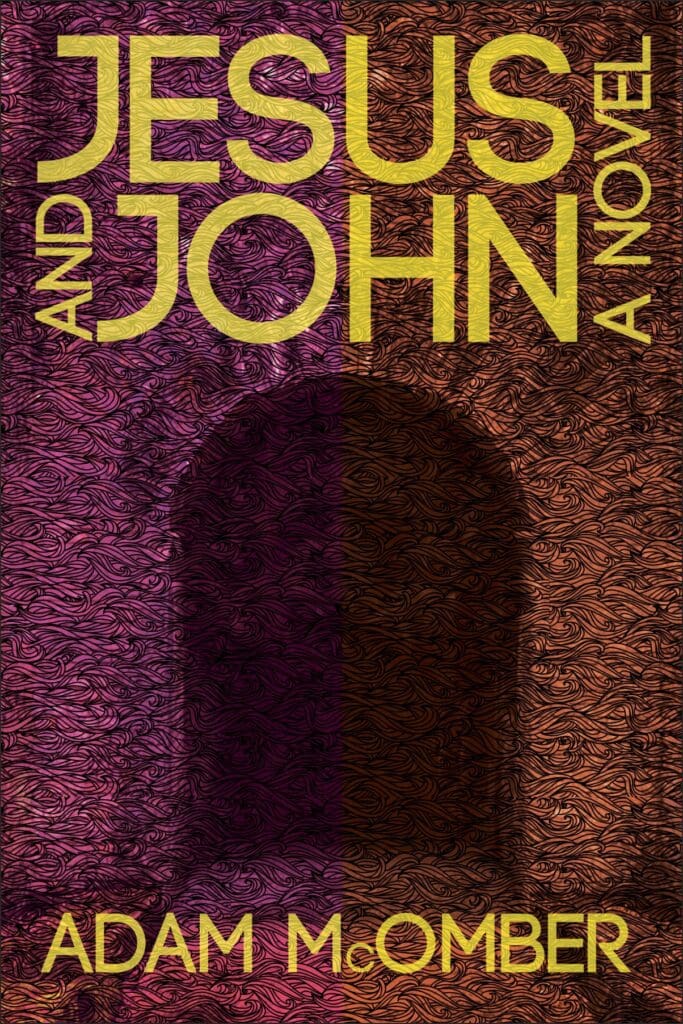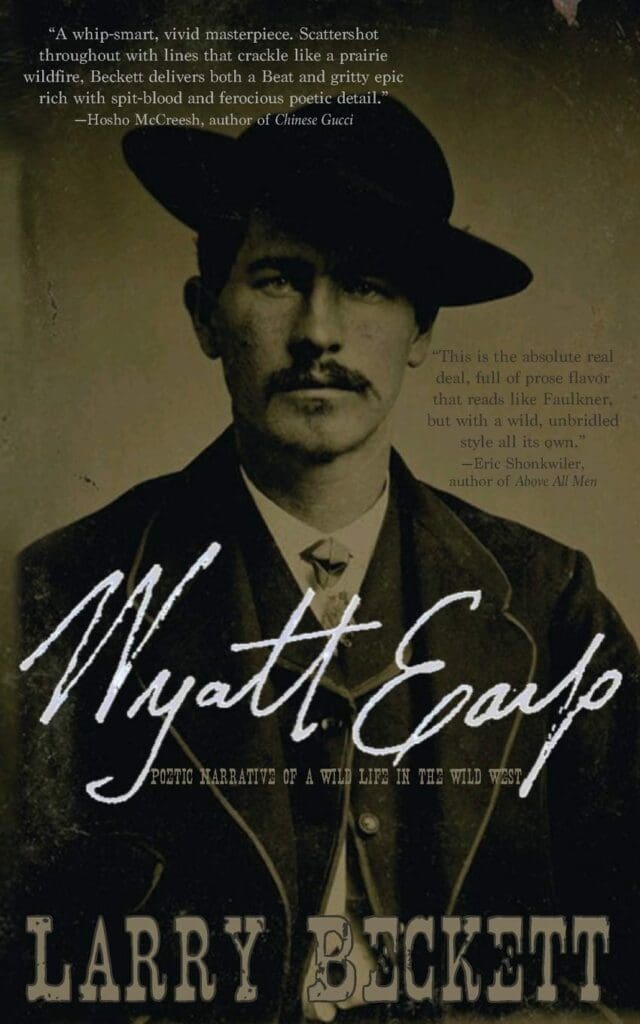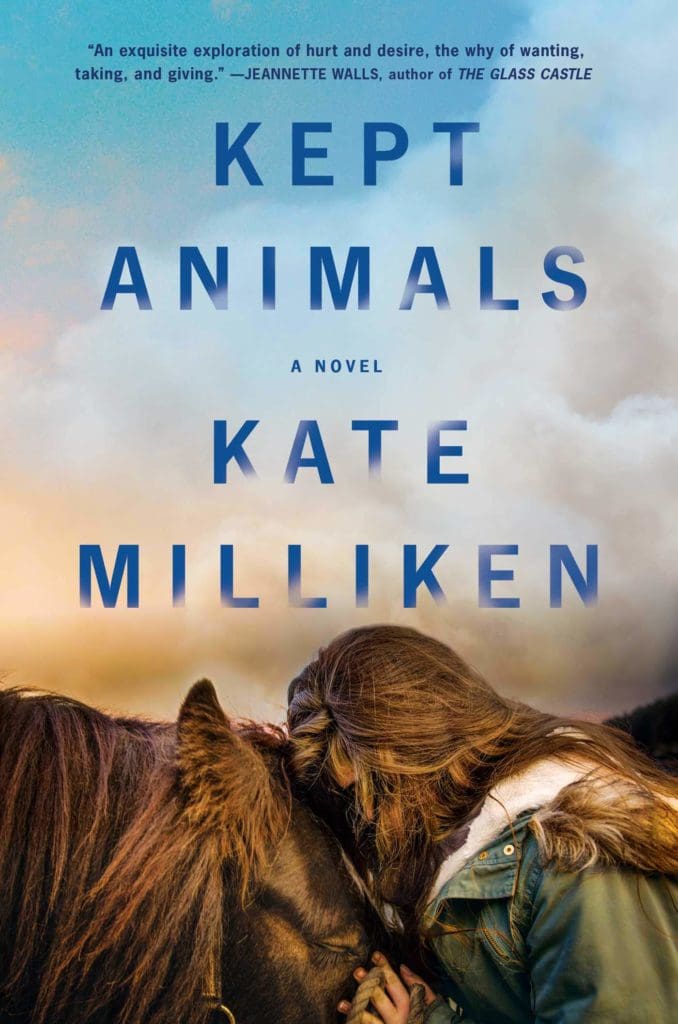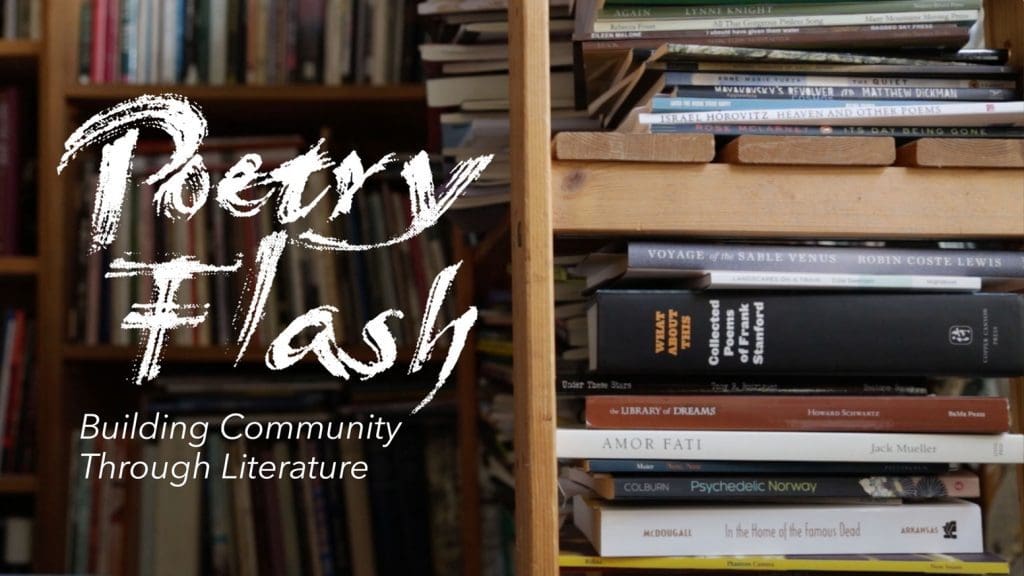After publishing three novels, The Piano Tuner (2002), A Far Country (2005), and The Winter Soldier (2018), Bay Area author Daniel Mason released his first collection of short fiction in May, A Registry of My Passage Upon the Earth (240 pages; Little, Brown). As he does in his longer works, he takes us into the minds and hearts of complex, nuanced characters and places them in intricately described settings, often in the natural word, detailed with the depth and precision of a botanist or anthropologist. He is, in fact, a man of science—by day he’s a clinical assistant professor in […]
Q&A with Daniel Mason: Diagnosis and Distillation
by Regan McMahon
